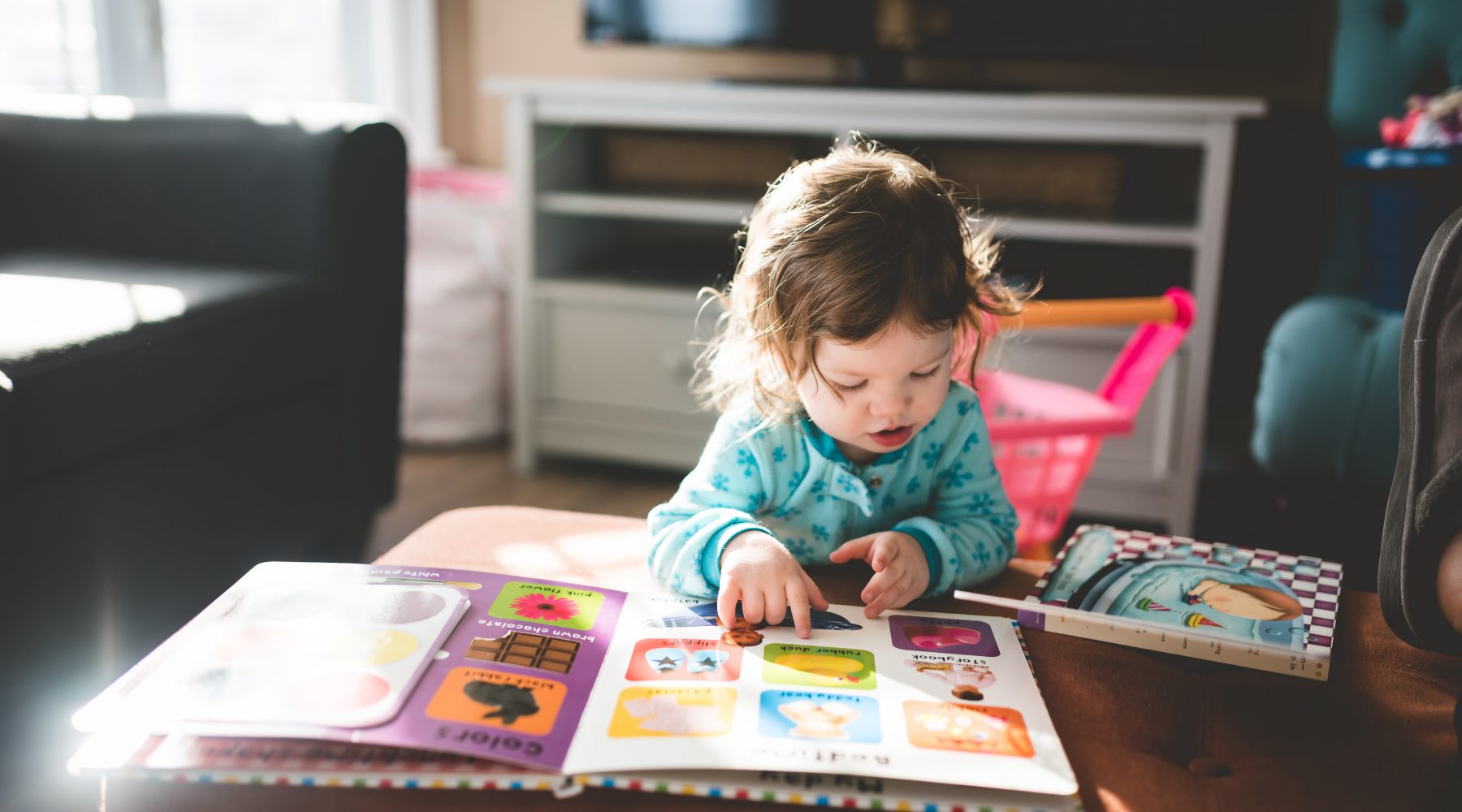Shared reading with infants and toddlers is secret to strong vocab

Shared reading is associated with stronger vocabulary skills for nearly all children by three years of age, physicians at Rutgers Robert Wood Johnson Medical School and Princeton University have found, showing this to be the case even for children who genetically may be vulnerable to barriers in learning, attention and behaviour development.
In a supportive environment, lead researcher Dr Manuel Jimenez said, children who are genetically at-risk, do just as well as their peers. According to Dr. Jimenez, scientists are just starting to understand how genes influence complex behaviors and how science can be applied to improving lives through patient care.
Dr Jimenez said the research “underscores the importance of a positive environment with close parental contact” and its direct correlation to favorable child development, even when a child may be at-risk for learning and behavioural challenges.
The study explored how children respond differently to shared reading based on genetic characteristics. Using data from the Fragile Families and Child Wellbeing Study, which has followed the development of nearly 5,000 children in large U.S. cities born between 1998 and 2000, the team assessed the difference in vocabulary skill development based on genetic differences in two neurotransmitter systems that have implications in learning development, memory and impulse control.
The study found that shared reading with children at one year of age was associated with higher vocabulary scores on a standardized assessment at age three, in line with previous published studies.
Children with genetic variations that put them at-risk fared just as well as their peers on the assessment when shared reading was conducted at age one, however, at-risk children who were not exposed to shared reading did poorly on the same vocabulary assessment.
“We found that reading with very young children can be quite powerful and really makes a difference in a child’s development, particularly with children who may be vulnerable to developmental delays,” said Dr. Jimenez.
Co-author of the study, Dr Daniel Notterman said that while there was already evidence that shared reading was a positive in the life of a child, this study “provides additional verification and a more quantitative picture of the link between a child’s environment, biological makeup, and development”.
Both researchers highlighted the importance of reading early and reading often, saying literacy was best promoted when children were read to every day.
To read the study in full, please see here.
Popular

Workforce
Quality
Practice
Provider
Research
How one teacher is using Little J & Big Cuz to build empathy, understanding and confidence in First Nations learning
2025-12-08 07:15:19
by Fiona Alston

Policy
Practice
Quality
Research
A new path forward: Australia’s First Nations Education Policy emerges to reshape learning for First Nations children
2025-12-08 08:00:28
by Fiona Alston

Workforce
Policy
Research
Practice
Provider
Quality
Child safeguarding failures in Queensland: Key findings and reform directions from the 2025 systemic review
2025-12-09 07:00:56
by Fiona Alston
















